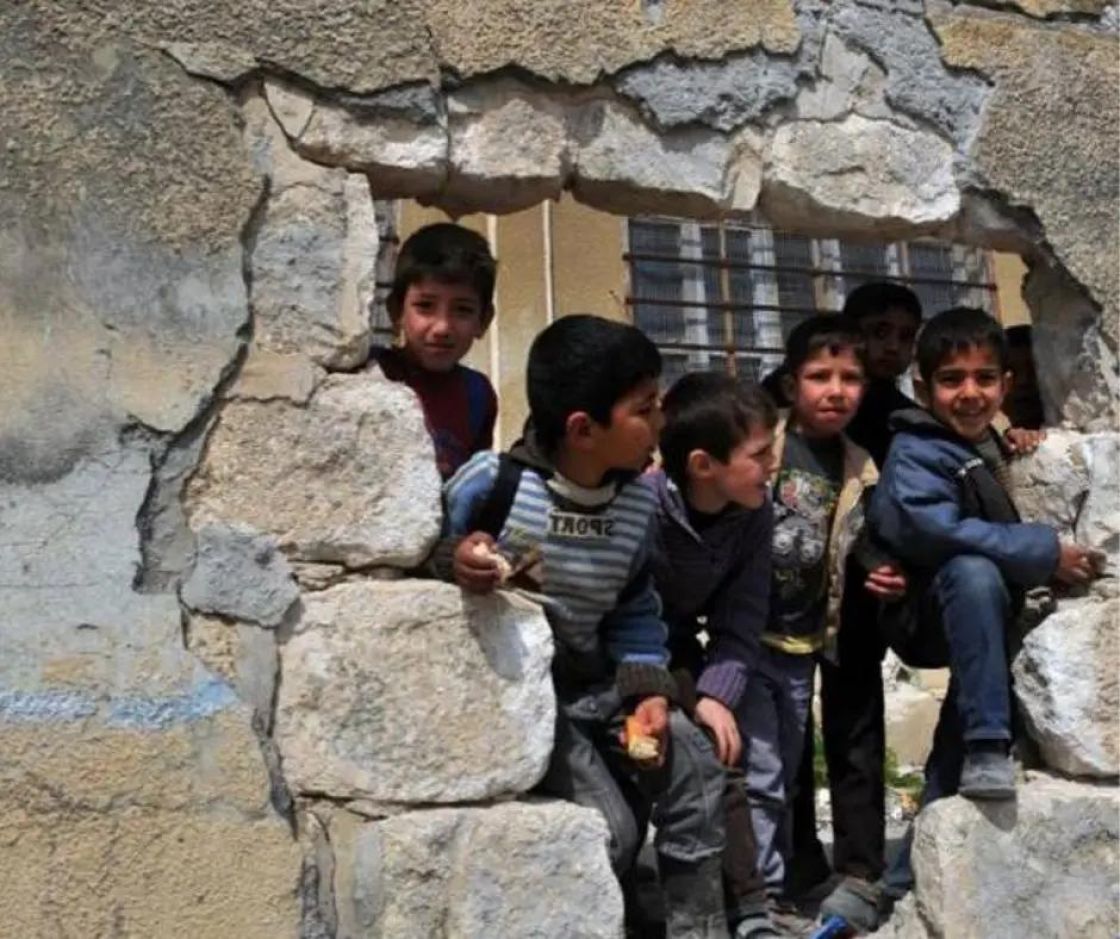- Editorials
- Posted
Kassioun Editorial 1222: The Timeframe for the Solution Is Not Open-Ended!
Syria is enduring a series of complex and intertwined crises, the complexity of which increases with each additional day of delay in beginning a comprehensive solution. Perhaps the most significant of these crises are the following:
1- The de facto division that still exists in practical terms to this day, which divides the country into 5 to 6 regions, each of which lives a relatively independent reality from the rest.
2- This contributes to preventing the formation of a single national economic market, which is considered the starting point and a necessary but insufficient condition for the relaunch of the national economy.
3- The massive destruction of infrastructure and the continued displacement of millions of Syrians abroad, a significant portion of whose return is awaiting reassurances about the situation inside the country, which remains unstable and unsafe. Not to mention that signs of a reverse migration are already emerging.
4- The uncontrolled arms that are still present throughout Syria, and to date, no real progress has been made towards containing them on the basis of consensus among Syrians, and within national institutions that enjoy general national consensus.
5- Western economic sanctions are suffocating the country and greatly hampering investment opportunities.
6- Repeated “Israeli” attacks, ground incursions, open sabotage, and the push to divide the country along sectarian and ethnic lines.
7- The uncontrolled and sectarian behavior of a segment of the armed forces, whether they are recruited from the remnants of the warlords previously associated with the regime, or foreigners who view Syria as a whole only as a temporary stopover, not as a homeland, or those with a vengeful, vindictive mentality based on which homelands cannot be built, but can only be destroyed.
8- The staggering rates of unemployment and poverty, which place millions of Syrians not only below the poverty line, but also below the hunger line, are exacerbated by ill-considered government policies that involve widespread layoffs, subsidy cuts, and the shift toward a so-called “free market economy”. In reality, this trend continues to centralize finance and economic affairs in the hands of a small, controlling few.
These crises are just some aspects of a comprehensive national crisis that threatens civil peace, the country’s unity, and its continuity. The roadmap for a solution is clear and well-known to everyone, whether they agree or disagree. Its essence is openness to and reliance on Syrians, through genuine participation, via a general national conference, in which all outstanding issues are placed on the table to reach consensus among Syrians on how to govern their country. The solution also entails a comprehensive, balanced, and broadly representative national unity government, emerging as one of the outcomes of the national conference.
What can be added in this context is that the timeframe for reaching this solution is not open-ended. In addition to the seriousness and escalation of the crises internally, the rapid development of events at the regional and international levels allows us to say that the timeframe available to us is limited and small; probably no more than a few months. If the situation is not addressed with a high sense of national and humanitarian responsibility toward the country and its people, the opportunity will be missed, and the door will once again be opened to major threats related not only to the authority and its members, but also, more importantly, to the country’s existence and unity.


